As a BetterHelp affiliate, we receive compensation from BetterHelp if you purchase products or services through the links provided
Are you grappling with the discomfort of itchy, sore, or inflamed hemorrhoids? Rest assured, you’re in good company. This annoying issue is all too common, yet you might be surprised to learn that stress could be fanning the flames. In this enlightening read, we’ll delve into the connection between stress and hemorrhoids, unfold the causes and symptoms, and arm you with actionable advice on stress management and lifestyle tweaks to prevent and alleviate this distressing ailment. So, let’s venture into unraveling the query, “Can stress spur hemorrhoids?” and how to triumph over this vexing issue.
What Are Hemorrhoids?
Hemorrhoids are swollen and inflamed blood vessels in the anus or rectum, causing chronic pain, discomfort, and other symptoms. Factors that contribute to the development of hemorrhoids include:
- a diet low in fiber
- prolonged sitting on the toilet
- straining during bowel movements
- lifting heavy objects
- pregnancy
- obesity
It’s essential to recognize that stress alone doesn’t directly cause hemorrhoids. However, stress can exacerbate existing digestive issues, causing stress and leading to the development or worsening of hemorrhoids. Focusing on stress management and leading a healthy lifestyle can aid in preventing and easing hemorrhoids.
 Hemorrhoid Types
Hemorrhoid Types
There are four types of hemorrhoids: internal, external, prolapsed, and thrombosed, each with its symptoms. Pain, itching, burning, and blood streaking during bowel movements are common symptoms of hemorrhoids, which can significantly impact one’s quality of life.
Efforts to reduce stress can aid in managing and preventing hemorrhoids by relieving stress and some symptoms and enhancing general well-being. Understanding the different types and symptoms of hemorrhoids is crucial in determining the most effective treatment and management strategies for each case.
Hemorrhoid Symptoms
Hemorrhoids, those pesky little annoyances, can make life uncomfortable. They often bring symptoms like itching, stomach pain, and discomfort around the backside – seriously, not fun! Sometimes, they make their presence known with pain during bowel movements, leaving you wincing. Oh, and the bleeding – it’s like a tiny crime scene in the toilet bowl, which can be pretty alarming. Swelling and a lump around the area might make sitting an Olympic-level feat.
These common symptoms can range from mild irritation to downright painful, affecting your daily life. But the good news is, they’re usually manageable and can often be relieved with lifestyle changes, over-the-counter creams, and in some cases, medical procedures. So, if you’re experiencing these symptoms, don’t fret – there are solutions to relieve stress and help you regain your comfort and peace of mind.
 The Role Of Stress
The Role Of Stress
Stress can be a real thorn in the side regarding hemorrhoids. When stressed, our bodies tend to tense up, including the muscles around our bottom. This increased muscle tension can make existing hemorrhoids worse and even lead to the development of new ones, leaving us with an added discomfort to deal with.
Understanding Stress
Understanding stress is like deciphering a complex puzzle that impacts nearly every aspect of our lives. First and foremost, we should acknowledge that not all stress is created equal. There are various types of stress, and chronic stress, which lingers over time, can be particularly insidious. It often results from ongoing work pressures, financial concerns, or personal problems, which can be incredibly detrimental to our overall well-being.
Stress’s influence on the body is both intricate and profound. When stress hormones flood our system, they trigger a cascade of physiological changes. Our heart races, muscles tense, and digestion can take a hit as blood flow diverts from the digestive tract.
This brings us to the fascinating connection between stress and gastrointestinal health. Prolonged stress can exacerbate or even trigger gastrointestinal issues, including exacerbating conditions like irritable bowel syndrome (IBS) and bothersome hemorrhoids. It’s a reminder that stress isn’t merely a mental or emotional burden; it’s a physical one, too, impacting everything from our head to our gut.
 Stress and Hemorrhoids
Stress and Hemorrhoids
Stress plays a significant role in the world of hemorrhoids, acting as a trigger that can exacerbate the discomfort. When we’re stressed, our bodies tend to react by tensing up, increasing pressure in the rectal area and potentially leading to the development of hemorrhoids or worsening existing ones. Stress-related habits, such as excessive straining during bowel movements, further compound the problem.
The good news is that stress-reduction techniques can be our allies in the battle against hemorrhoids. Techniques like meditation, yoga, and deep breathing exercises can help us relax and reduce the physical strain on our bodies, making it easier to prevent and manage hemorrhoids.
By addressing stress and its related habits, we improve our overall well-being and reduce the likelihood of dealing with the discomfort of hemorrhoids, offering a path to greater comfort and peace in our daily lives.
Preventing and Managing Hemorrhoids
Managing stress and making lifestyle changes can help prevent and treat hemorrhoids caused by stress-induced digestive issues. Implementing a balanced diet, engaging in regular physical activity, and obtaining adequate sleep can help mitigate the likelihood of developing hemorrhoids and improve overall physical health.
Preventive Measures
To prevent hemorrhoids, it is essential to:
- Maintain regular bowel movements
- Increase fiber intake
- Drink plenty of water
- Avoid straining during bowel movements
- Exercise regularly
These lifestyle changes can help mitigate the risk of developing hemorrhoids and improve digestive health.
Incorporating these lifestyle modifications, stress reduction efforts, and stress-management techniques into our routines can lower the risk of stress-induced hemorrhoids, leading to a healthier, more comfortable existence.
 Medical Treatments for Hemorrhoids
Medical Treatments for Hemorrhoids
If you’re already experiencing hemorrhoids, there are several treatment options available. Over-the-counter remedies, topical creams, and medical procedures can help treat hemorrhoids if they persist despite lifestyle changes and stress management.
Consulting a healthcare professional for an accurate diagnosis and tailored treatment plan. In the meantime, we’ll explore some common over-the-counter remedies and medical procedures for hemorrhoid treatment.
Over-the-Counter Remedies and Topical Creams
Over-the-counter (OTC) medications, creams, and ointments can relieve hemorrhoid symptoms, such as pain, itching, and swelling. Some common OTC treatments include hydrocortisone, witch hazel, and lidocaine. These topical creams can help alleviate chronic pain and other hemorrhoid symptoms.
Following the instructions on the product packaging is essential, and one should seek professional medical advice if symptoms persist or deteriorate. Combining OTC treatments with stress-management techniques and lifestyle modifications can help us effectively control and alleviate the symptoms of hemorrhoids.
Medical Procedures for Persistent Hemorrhoids
If hemorrhoids do not improve with lifestyle changes and OTC treatments, medical procedures such as rubber band ligation, sclerotherapy, and infrared coagulation may be necessary.
Such medical procedures are typically the last resort for persistent hemorrhoids causing chronic pain and discomfort, even after conscientious stress management and lifestyle adjustments. Consulting a healthcare professional to identify the most suitable treatment for your unique condition is paramount.
 Recognizing the Need for a Mental Health Professional
Recognizing the Need for a Mental Health Professional
The link between stress and hemorrhoids hints at a broader need for mental wellness. Here’s when you might consider seeking the help of a mental health professional:
- Overwhelming Stress: If stress interferes with your life, work, or relationships.
- Persistent Sadness or Anxiety: Especially if these feelings interfere with your daily routine.
- Behavioral Changes: Such as withdrawal from activities or any drastic changes in sleep or appetite.
Setting Mental Health Goals with Your Therapist
Embarking on a therapeutic journey entails setting clear, attainable goals. This is essential for tracking progress and ensuring a fruitful therapist-client alliance. Here’s a glimpse of how it might look:
- Identify Triggers: Understanding what exacerbates your stress or anxiety is a fundamental step.
- Develop Coping Strategies: Tailor strategies to manage stress, which, in turn, can alleviate physical symptoms like hemorrhoids.
- Maintain a Therapy Journal: Document your feelings, progress, and any setbacks to discuss in your sessions.
Recognizing Progress in Your Mental Health Journey
Progress in mental health can sometimes be subtle or gradual. Celebrating small victories and working towards your goals with your therapist is essential. Here’s what progress might look like:
- Improved Mood: A noticeable change in your outlook and mood can significantly indicate progress.
- Better Stress Management: Acquiring and employing new coping skills effectively.
- Enhanced Relationships: Improved communication and relationships can be a byproduct of successful mental health management.
Each stride, no matter how small, is a step towards better mental and physical health. As you work on improving your mental wellness, you might just find your hemorrhoid symptoms alleviating as a part of the holistic healing process.
Conclusion
In conclusion, stress indirectly affects the development of hemorrhoids by affecting the body’s processes, including the digestive system. By managing stress, making lifestyle changes, and exploring treatment options, we can effectively prevent and treat stress-related hemorrhoids, leading to a healthier and more comfortable life. Remember, taking control of your stress levels and adopting a healthy lifestyle can significantly reduce the risk of hemorrhoids and improve your overall well-being.
- Left Arm Pain and Anxiety: Understanding the Relationship - November 23, 2023
- Anxiety Paralysis: Coping with Overwhelming Stress - November 23, 2023
- Anxious vs. Nervous: Differentiating Emotions and Responses - November 15, 2023
This site contains affiliate links to products. We will receive a commission for purchases made through these links.

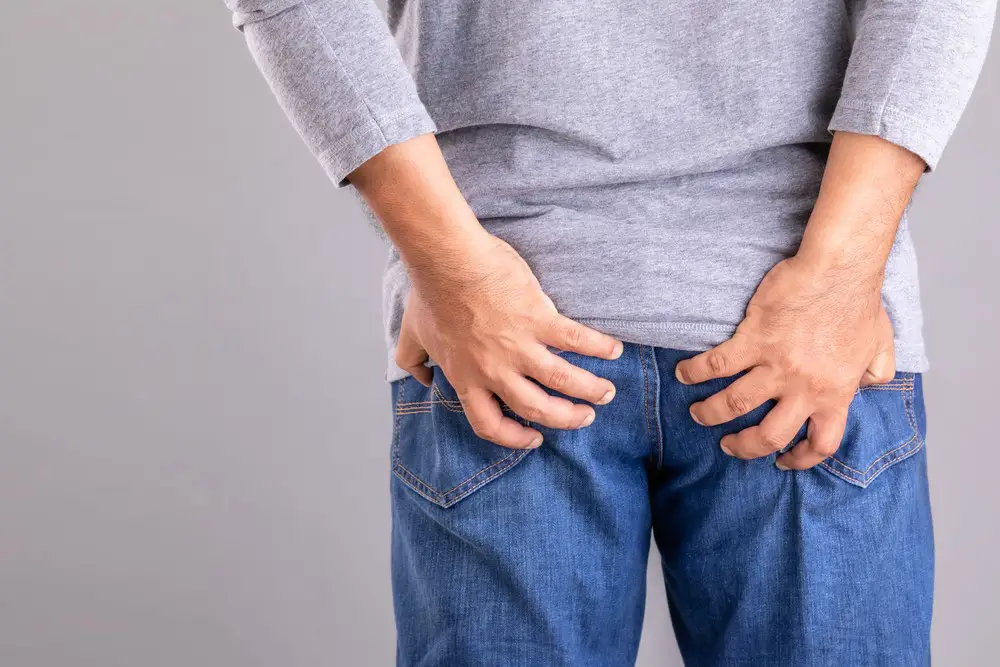
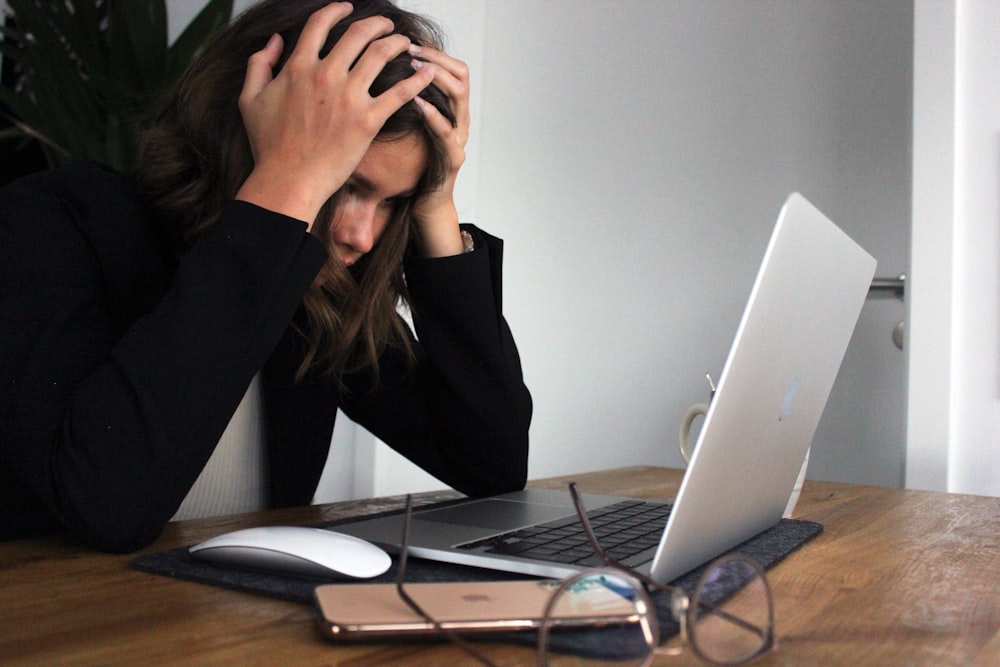
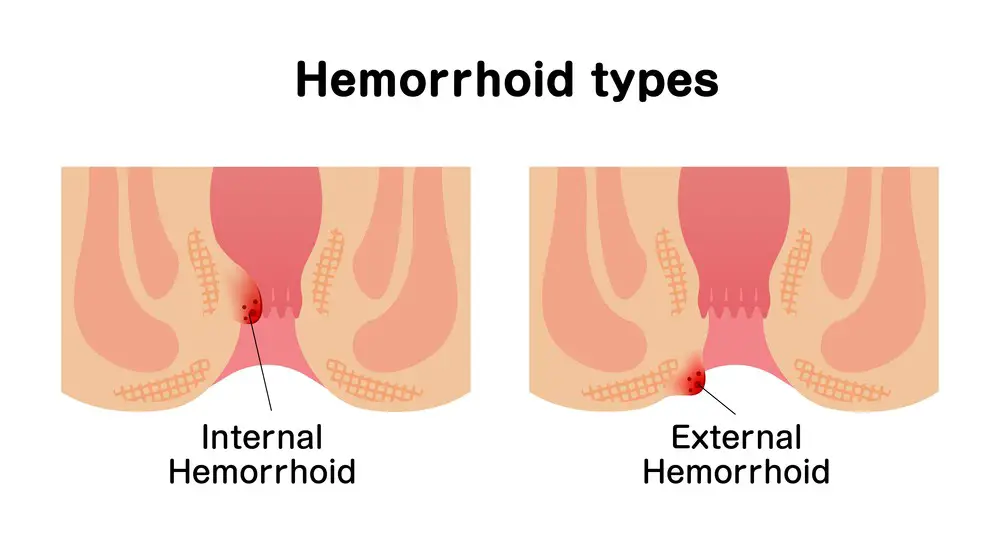 Hemorrhoid Types
Hemorrhoid Types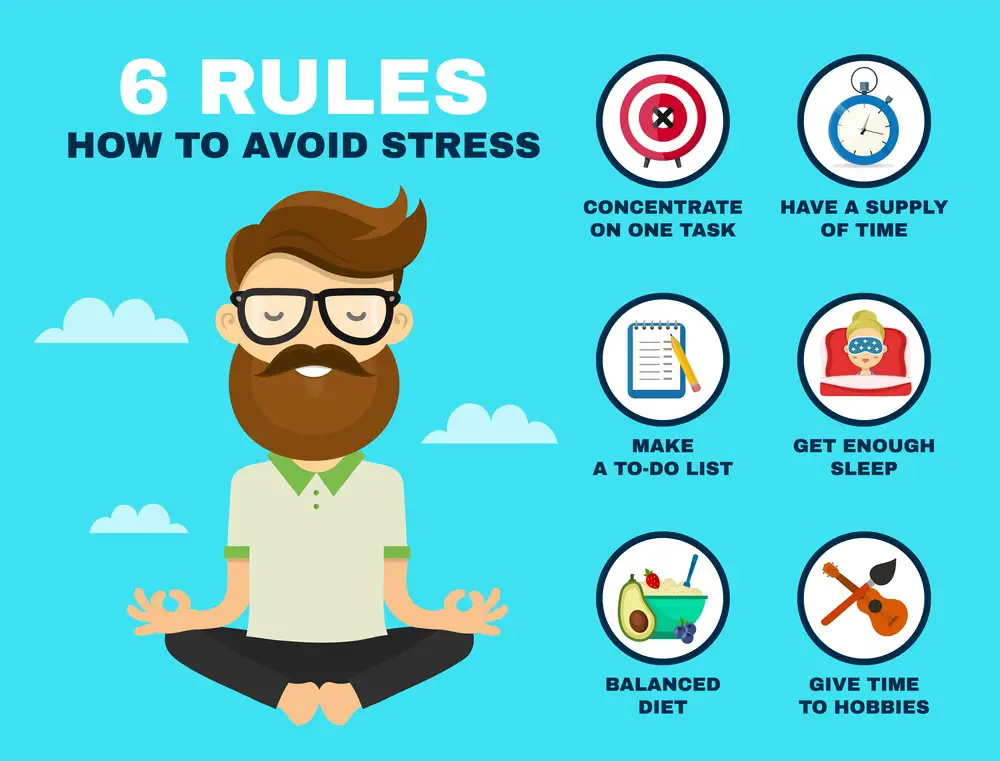 The Role Of Stress
The Role Of Stress Stress and Hemorrhoids
Stress and Hemorrhoids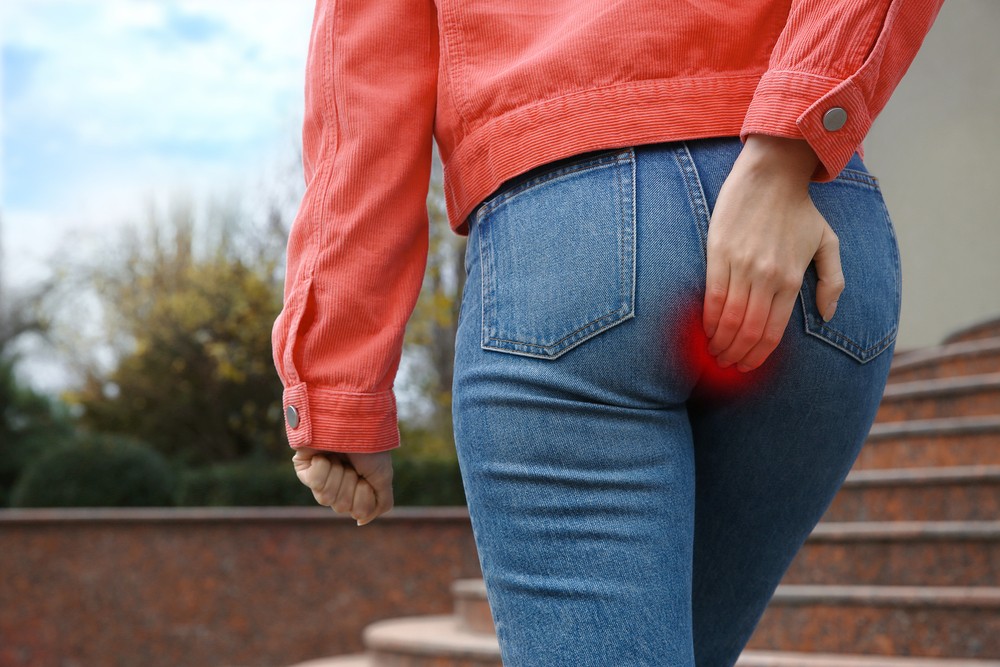 Medical Treatments for Hemorrhoids
Medical Treatments for Hemorrhoids Recognizing the Need for a Mental Health Professional
Recognizing the Need for a Mental Health Professional
